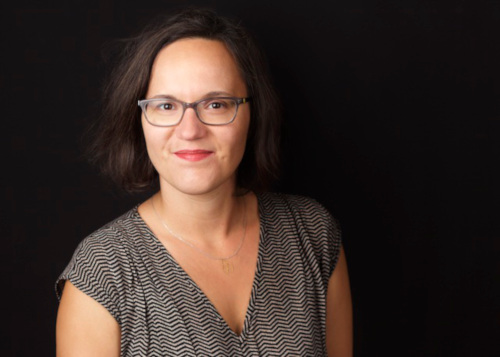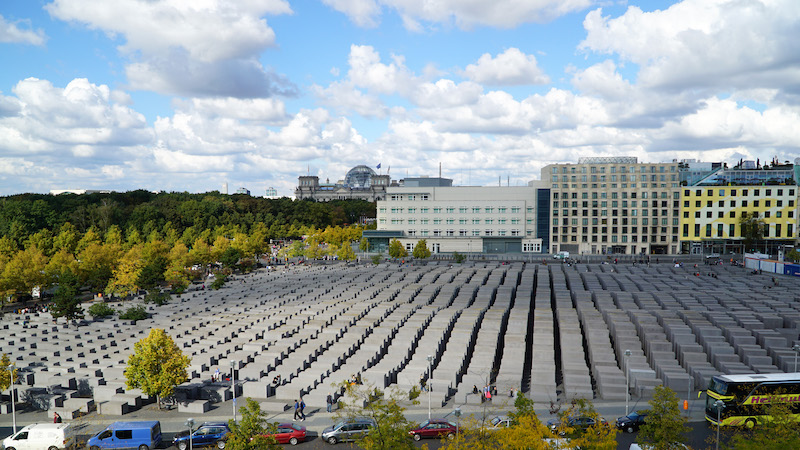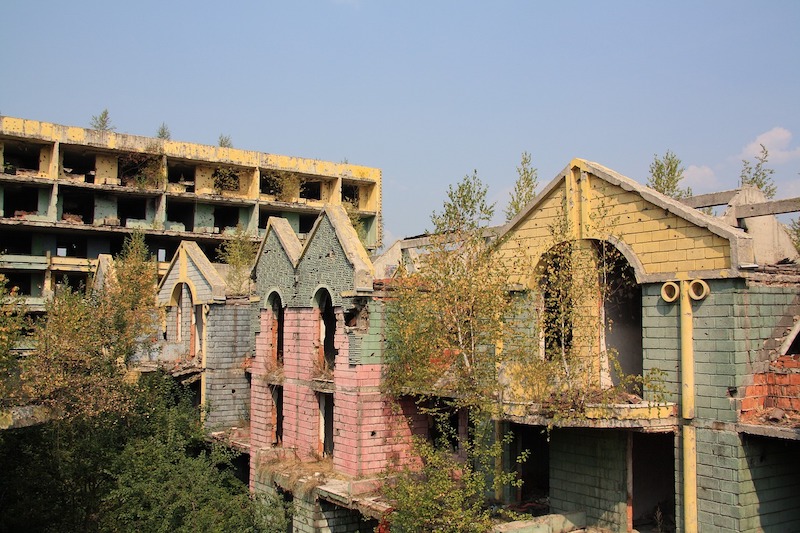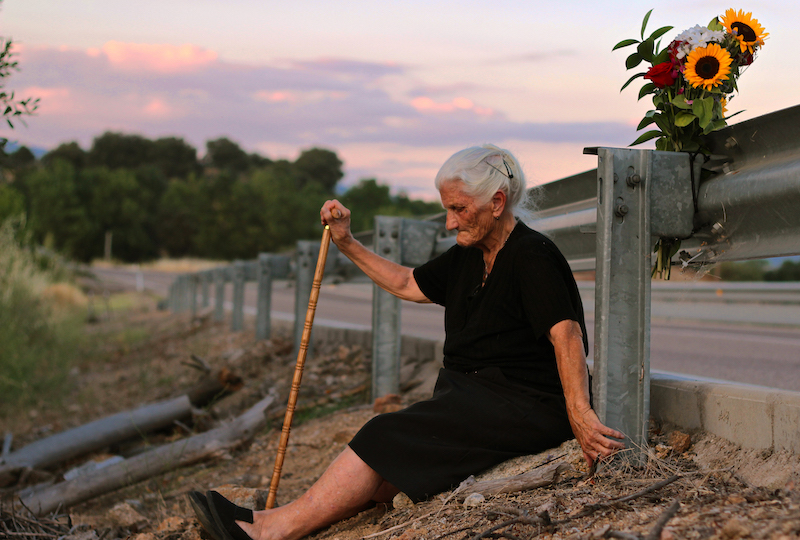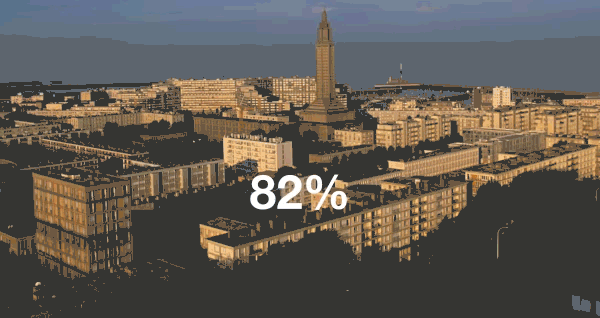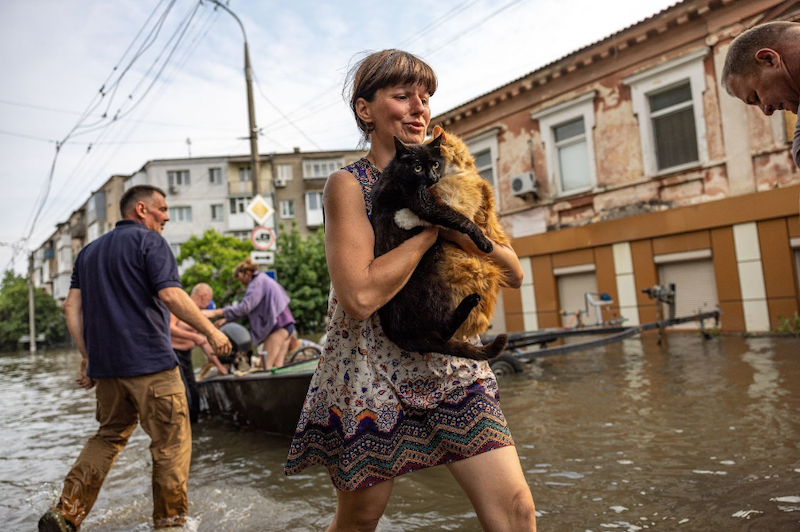People from abroad keep telling me that Germany is exemplary in coming to terms with its fascist past — including at the editorial meeting for this newsletter. Every time, this makes me freeze, and I cannot find the words to express my unease. Here’s an attempt to overcome this speechlessness.
Have “we Germans” learned the lessons of our history? Have we faced up to our responsibility for the murder of millions of people and the suffering as a result of war and persecution? Is our democracy immune to nationalist and totalitarian ideologies? With the current rise of the right-wing Alternative for Germany party, and racist murders and attacks on minorities in Germany, this is hard to believe.
We must not forget that it took decades — in West Germany — for the Nazi crimes and German responsibility to be discussed among the general population. And this was mainly due to pressure from civil society. Until then, high-ranking positions in the judiciary, administration and politics had been occupied by perpetrators and accomplices of the Nazi regime. Crimes were played down and criminals rehabilitated.
Countries such as Poland and Greece have still not received reparations. And there is no sign that the German government is even considering whether such claims are justified.
From the outside, it may seem that Germany is a model in coming to terms with its own history. Every child learns about the crimes of National Socialism in school. Public remembrance is firmly anchored by memorials in central locations and commemorative events attract the most senior representatives.
But there is a great danger that this commemoration will become a cliché, a shallow routine. Too many people claim that “enough is enough” when it comes to remembrance. This will never be the case as long as the suffering caused by persecution and war continues and the trauma is passed on to future generations. It takes a lot to heal the scars.

